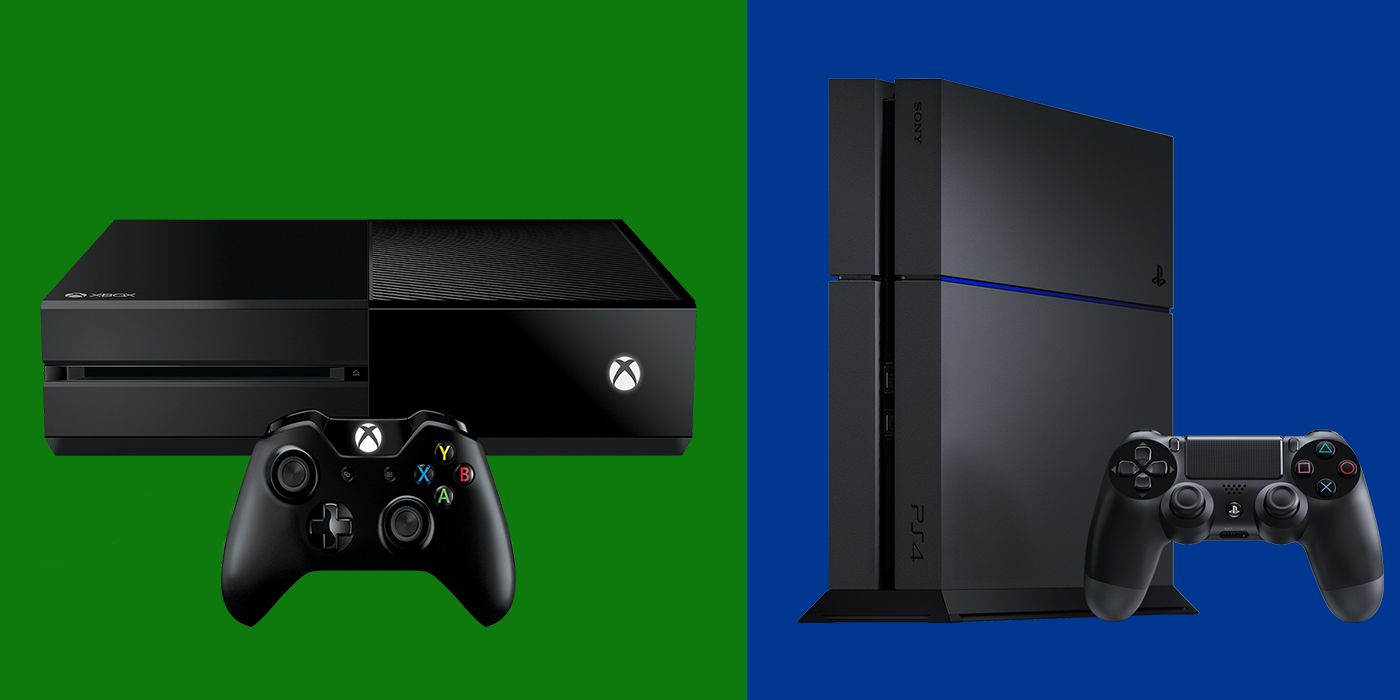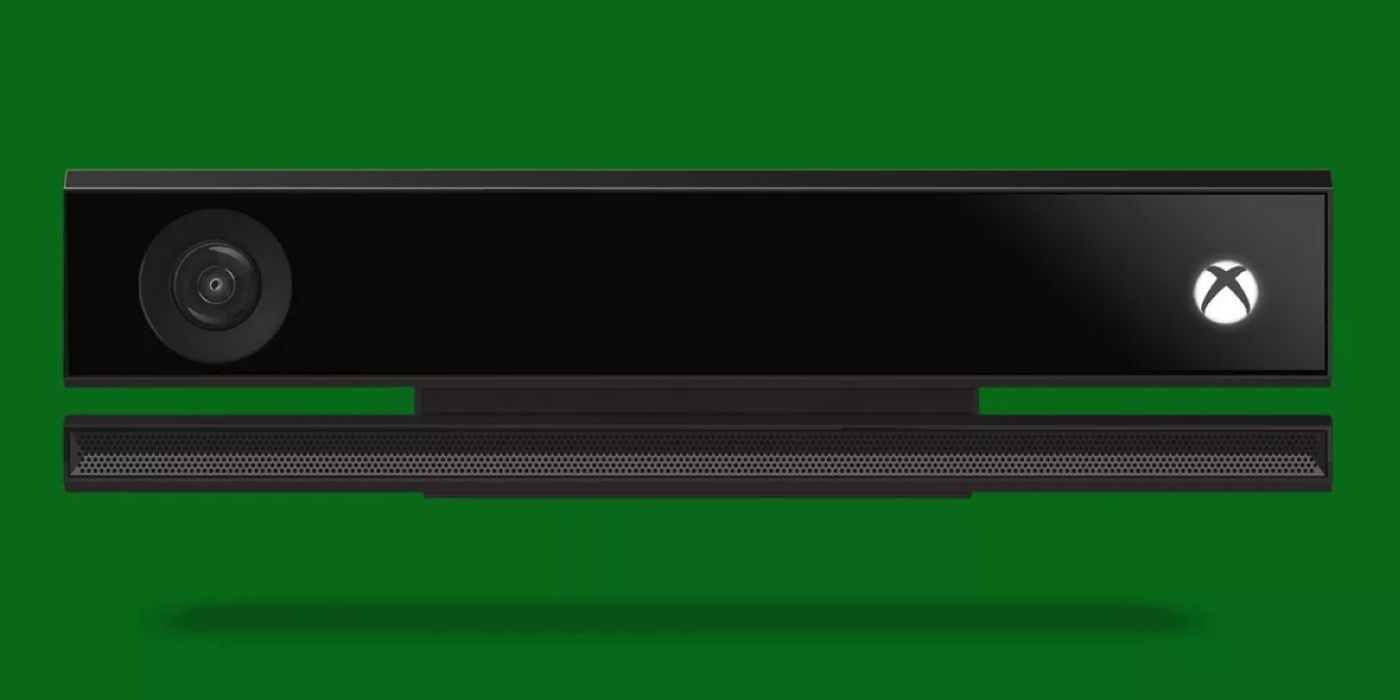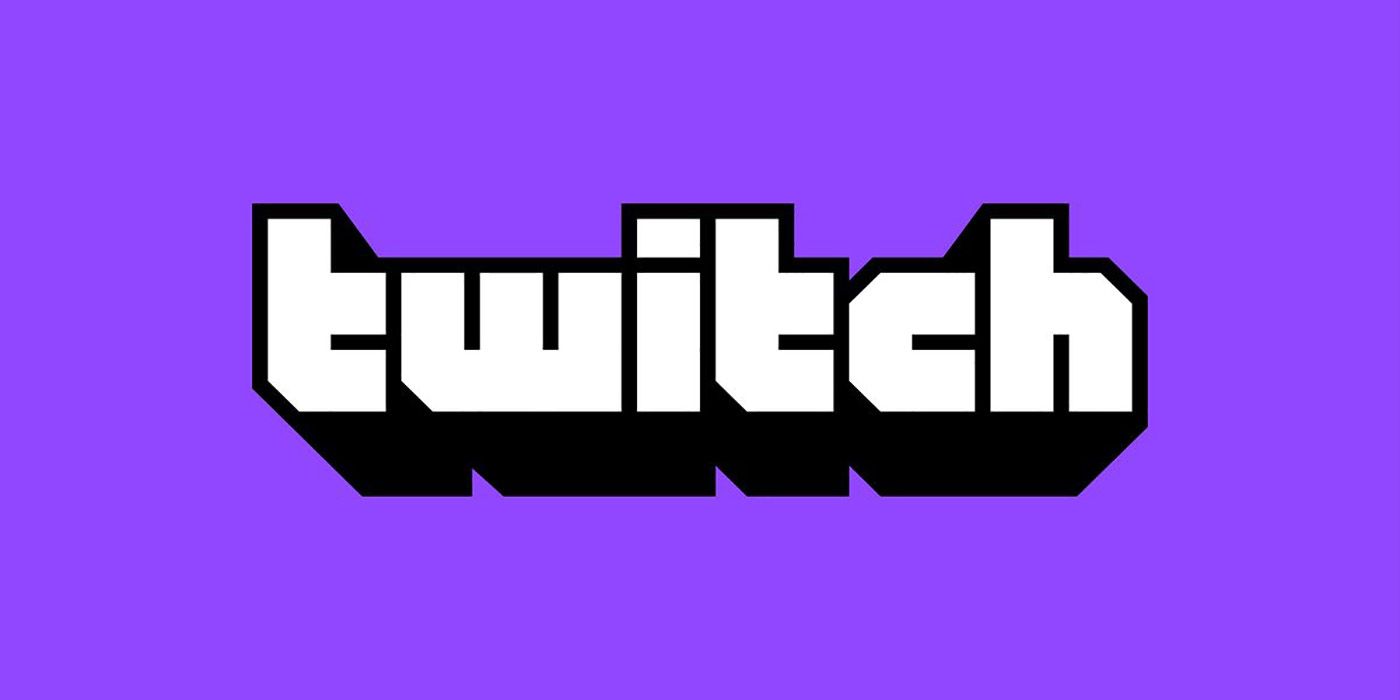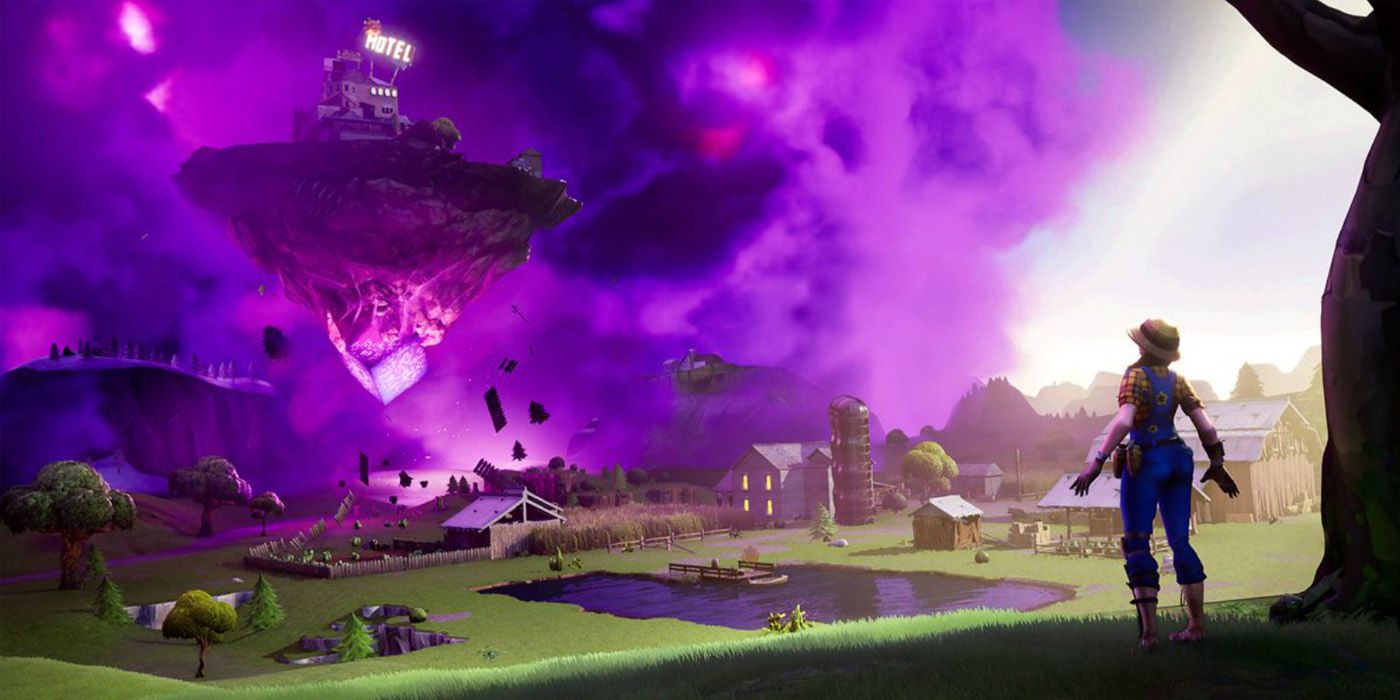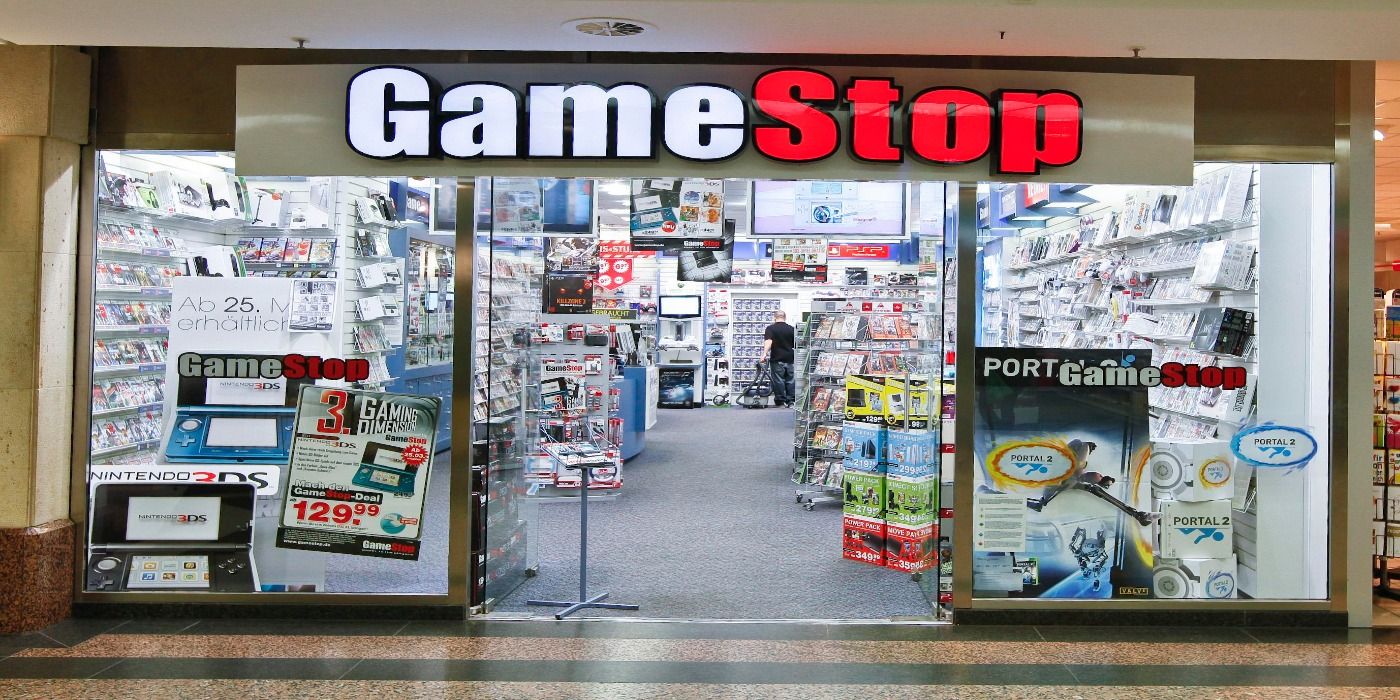The next generation of consoles is almost here, putting the games industry in a strange transitory phase. With new hardware on the horizon, it's easy to forget just how much things have changed since the launch of the Xbox One and PS4. There's been a steady evolution of the games industry in the nearly seven years since the consoles initially released. With that evolution taking place over such a long time period, it can be difficult to pin down everything that's changed, but things look pretty different now than they did back in 2013.
The Death of Motion Controls
When the Wii launched to massive commercial success back in 2006, it seemed like every console manufacturer was ready to invest massive sums in motion control technology. Microsoft went all-in on the Kinect when the Xbox One first launched, much to the chagrin of gamers everywhere. The added cost of the peripheral resulted in a $499 price tag for the Xbox One, which turned many gamers away from the system. Now, the Kinect seems like it's used to monitor airports more than it is to play games. The Xbox One wasn't alone, either. While it wasn't nearly as heavily marketed, Sony also produced a PlayStation camera and motion controllers, which are used for incredibly little these days, not including VR.
It's pretty rare to find a game with motion control integration. Nintendo Switch games have used the mechanic for a few titles, and Ring Fit Adventure is built around it, though it makes sense to have motion controls in a fitness game. That being said, motion controls disappearing isn't necessarily a bad thing. While they do have their merits, more often than not the technology is frustrating and buggy.
Twitch Ushers in The Live-Streamed Era
While Twitch was gaining popularity before the PS4 and Xbox One, the platform really came into its own in the past five years, after the Amazon acquisition injected new resources into its growth. Twitch hasn't been immune to controversy, with the streaming platform suffering from growing pains at various points throughout its lifespan. But Twitch, and the numerous other streaming platforms it helped spawn, helped usher in something of a culture change in the gaming world.
Now, it seems that gamers are just as content watching games as they are playing them. While some have speculated that this will lead to the death of single-player experiences, the genre seems to be in good health, with games like Spider-Man smashing sales records. Still, live-streaming is a big change in the industry. It's helped give rise to esports and new personalities, and it'll be interesting to see where it goes in the future.
Rise of Battle Royale
Love them or hate them, battle royale games have defined this console generation. Kicking off with Player Unknown's Battlegrounds and evolving from there, battle royale games have exploded onto the scene, with titles like Fortnite, Apex Legends, and Black Ops 4 being built entirely around or based heavily off of the game mode. It doesn't seem like it's going anywhere, either. Apex Legends was the most downloaded free-to-play game on the PS Store this year, and Fortnite has continued to dominate the conversation online.
There are plenty of new games trying to capture a piece of the battle royale pie. Modern Warfare players believe they have uncovered a battle royale map for the game, with other triple-a titles also implementing the game mode post-launch. Battle royale has become a mainstay in the games industry. It's unclear how long their popularity will last, after all, fads do come and go, but considering the ability of a game like Minecraft to stay relevant for years, gamers may have to get used to seeing Fortnite dances out in the wild for some time to come.
Physical Games in Decline
The Xbox One and PS4 brought revamped digital marketplaces, making it easier than ever for console gamers to download games digitally. Meanwhile, Steam, the Epic Games Store, Origin, and plenty of other contenders effectively erased any form of physical PC game purchases on the market. This has had some pretty big ramifications on the industry as a whole, and it will continue to do so as digital games continue to grow a larger and larger market share. Digital downloads helped give birth to the indie gaming scene, as the cost of distribution was reduced significantly versus having to have discs manufactured and sold on store shelves.
Of course, this has lead to the fall of GameStop. The retailer has been in a death spiral for the past few years, as new and used physical game sales continue to decline. While gamers have always been quick to criticize GameStop, the world without it will be a bizarre one. There are plenty out there with fond memories of buying a new game, plunking it into a console, and kicking off a weekend-long gaming binge.
Loot Boxes Dominate The Conversation
If there's been a single, major change over the course of this console generation, it's how games are monetized. While map packs and expansions used to be the norm, that's shifted to a live service model. This new model allows more frequent, smaller additions to games as far as content is concerned, but that isn't the only way things have shifted. Loot boxes, which many have accused of being dressed-up gambling, rapidly rose to prominence this generation, becoming an infamous addition to some major titles. The issues got so bad that government legislation against the practice has been proposed.
Loot boxes faced an incredible amount of scrutiny after Star Wars: Battlefront 2 was overwhelmed by them, supposedly even resulting in Disney calling EA about the microtransactions' presence in the game. Since then, loot boxes have fallen off a little bit, but gamers are still wary of the feature - and rightfully so.
This generation is winding down, but it has marked a significant shift in the way that gamers play games. In many ways, the future of the industry has an air of uncertainty around it, as game streaming and cloud services steadily rise to prominence. With many speculating that live-service games will dominate next-gen, there are sure to be more drastic changes to traditional single-player games in the near future.

